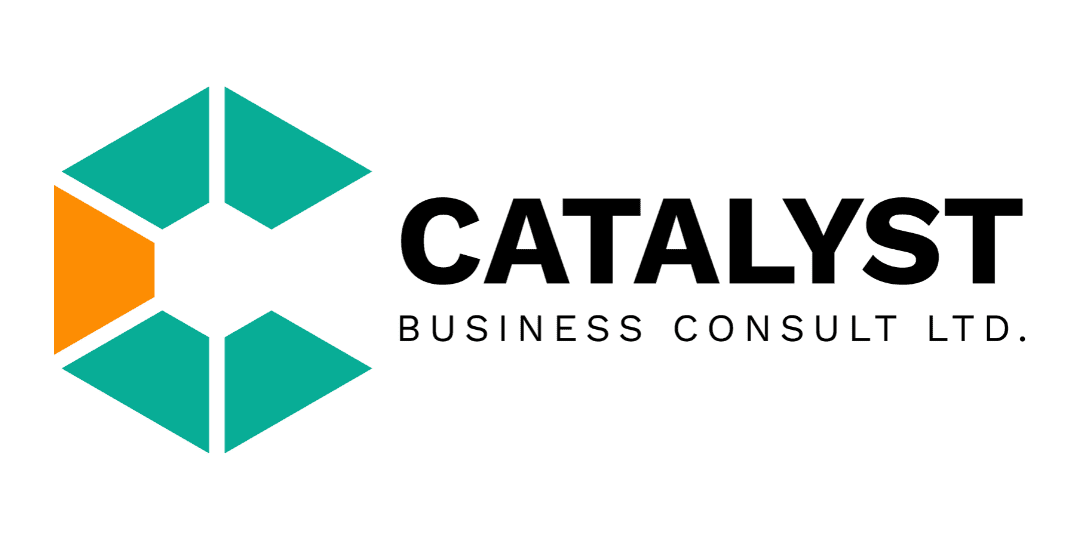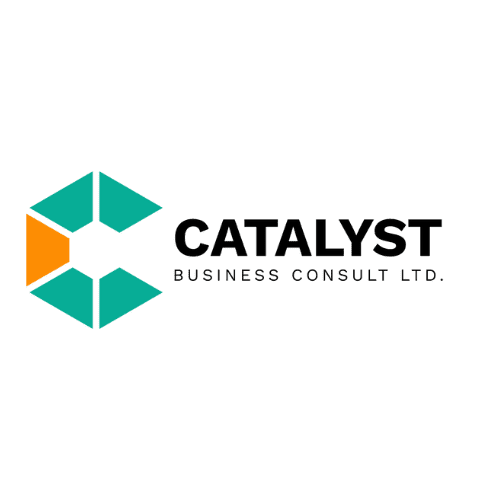When it comes to scaling smart, one of the most important considerations for business executives is whether to outsource or establish an in-house team. Both approaches have their strengths, but the best path relies on your company’s specific needs, goals, and growth stage.
In this article, we’ll go over the benefits and drawbacks of each technique and help you determine which one is ideal for your organization.
Scaling smart entails more than simply expanding a firm; it also means doing so in a sustainable, efficient way that does not overburden your team or resources. At the heart of this dilemma is deciding whether to outsource specific jobs or invest in building an in-house staff. Each option has a unique impact on your company’s productivity, cost structure, and long-term performance.
THE CASE OF OUTSOURCING
Outsourcing has grown in demand over the years, particularly among businesses wishing to scale quickly without incurring the costs associated with recruiting full-time employees. It enables you to leverage external talent, often at a lesser cost, while focusing internal resources on core business functions.
ADVANTAGES
- Cost-Efficiency: One of the key reasons why firms choose to outsource is cost reduction. Hiring a full-time workforce entails paying benefits, training, and infrastructure, all of which can be expensive. On the other hand, outsourcing allows you to pay for services as needed.
- Access to Expertise: Outsourcing helps you to access specialized talent that you may not have in-house. Whether it’s IT support, marketing, or legal services, outsourcing allows you to hire specialists without having to recruit, train, or retain them over time.
- Scalability and Flexibility: One of the key benefits of scaling smart through outsourcing is flexibility. As your business grows, you can quickly adjust the level of outsourcing to meet increased demand without the hassle of hiring and onboarding new staff.
- Focus on Core Business: It allows companies to focus on their areas of competence and strategic priorities. In addition, outsourcing non-core services to external partners with specialized knowledge in those areas allows businesses to free up internal resources and concentrate on initiatives that directly enhance their competitive advantage.
DISADVANTAGES
- Communication barrier: Outsourcing, especially overseas, can lead to time zone differences and language barriers, making coordination and communication difficult. Miscommunication can lead to project delays or errors.
- Security and Confidentiality Risks: There is a chance of data breaches or improper management when important functions, like IT services or managing private client data, are outsourced. Strict contracts and secrecy agreements are therefore essential.
- Quality Concerns: Outsourcing can sometimes lead to inconsistent work quality, especially if the external team isn’t familiar with your brand’s expectations or lacks sufficient oversight.
THE CASE OF IN-HOUSE TEAMS
An in-house team offers its own set of advantages, particularly for businesses that value close-knit collaboration and long-term stability. When deciding whether to build an in-house team, here’s what you should consider:
ADVANTAGES
- Cultural Alignment: An internal team is more likely to share the values, objectives, and culture of your business. It can be challenging to reproduce this with outsourced labor since it establishes a cohesive team working towards the same goal.
- Greater Control: With an in-house team, you have full control over the work being done, from quality assurance to time management. This can be particularly important for businesses that handle sensitive information or require tight collaboration between departments.
- Long-term Investment: Hiring and building an in-house team may be more expensive initially, but it can be a valuable long-term investment. In-house employees tend to gain more knowledge of your company, which can lead to better processes, innovation, and loyalty over time.
DISADVANTAGES
- Limited Expertise: Building an in-house team limits you to the skills and knowledge that your current employees possess. In some specialized fields, it may be more challenging to find the right talent locally, and it can be costly to train employees to gain the required expertise.
- Higher Cost: Hiring full-time employees involves more significant expenses, including benefits, office space, training, and equipment. These recurring expenses may be exorbitant for startups or smaller enterprises.
- Time-consuming Hiring Process: Building an internal team requires a drawn-out hiring and training procedure. It can take months to find the right people, onboard them, and make sure they align with your company’s culture, which delays project completion dates.
- Employee Turnover: One of the key challenges with an in-house team is employee turnover, especially when staff members leave during critical stages of a project. Replacing them can be both time-consuming and expensive, particularly if you’ve invested heavily in their training and development. When they depart, you lose not only their skills but also their knowledge, leaving you with the added burden of recruiting, onboarding, and training new talent, which can delay progress and increase costs.
Scaling smart requires careful planning and strategic decision-making. Both outsourcing and building an in-house team have their benefits, and the best option depends on your specific requirements, budget, and long-term goals. Whether you choose to outsource or invest in your own team, make sure your decision aligns with your business objectives and positions you for long-term growth.
Kindly follow and Contact us via the following platforms:



2 comments
Adeshola
10 October 2024 at 12:16
Outsourcing in most cases. Outsourcing enables organisations to have a solid team internally
Maryanne
10 October 2024 at 13:21
Brilliant!